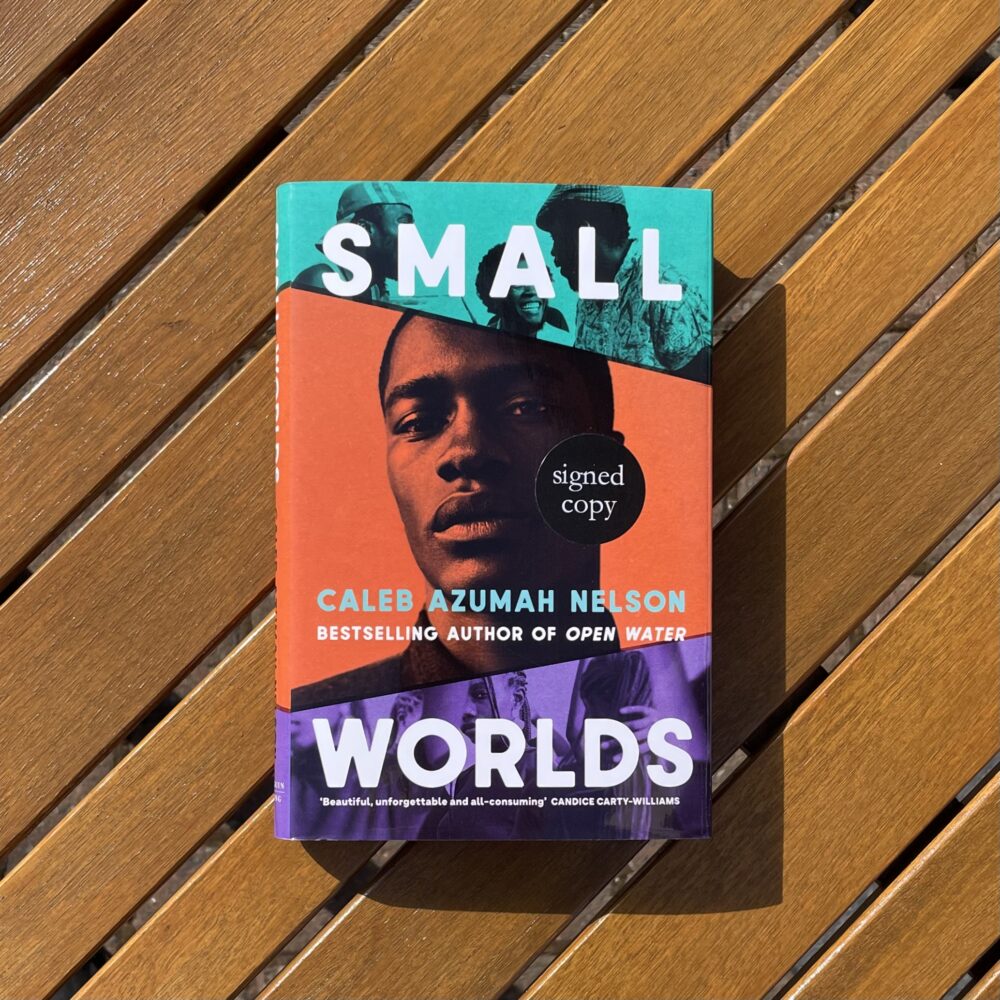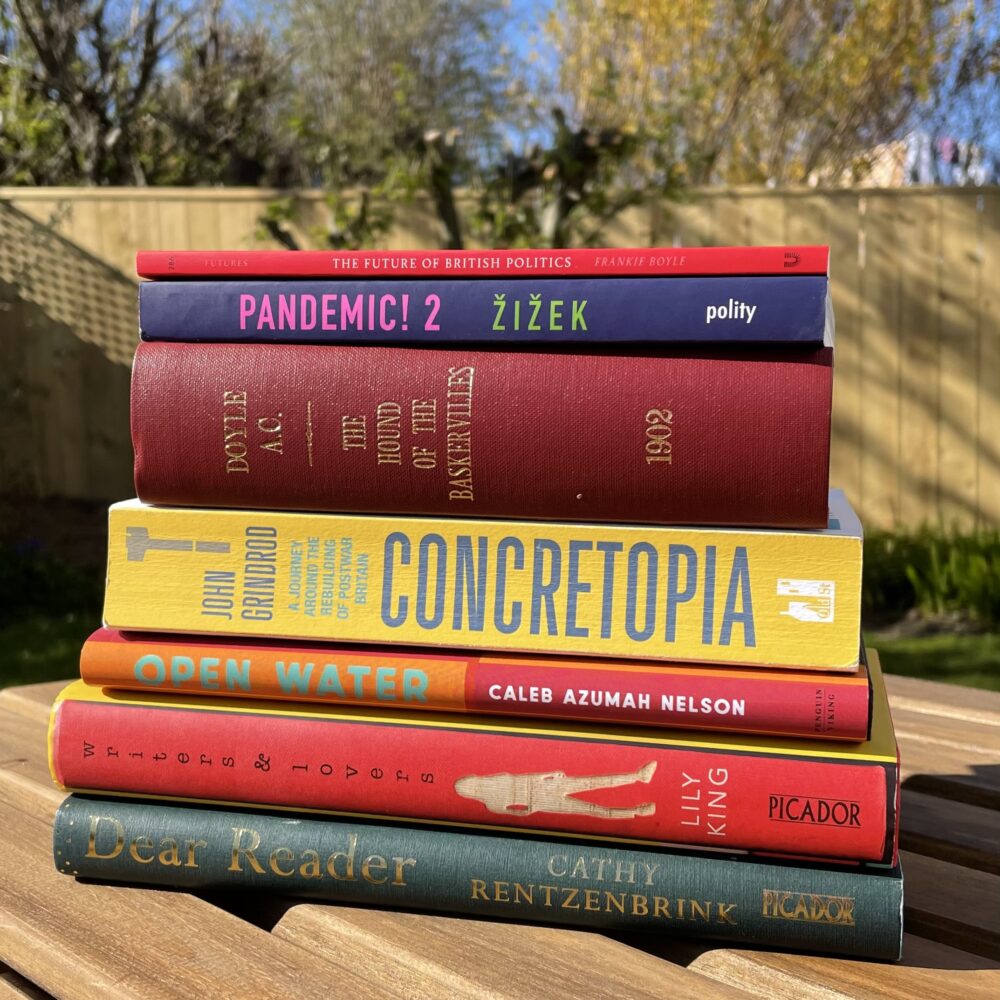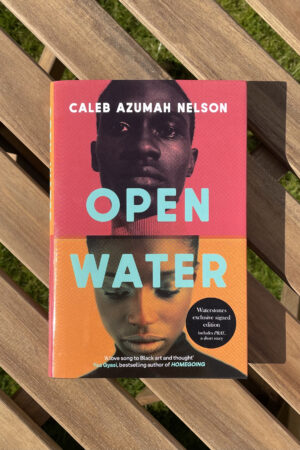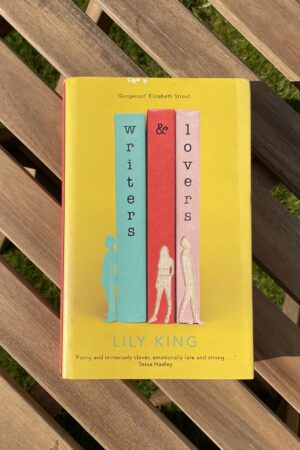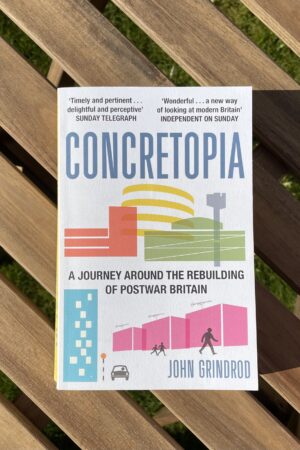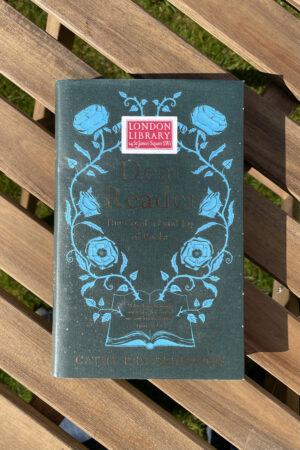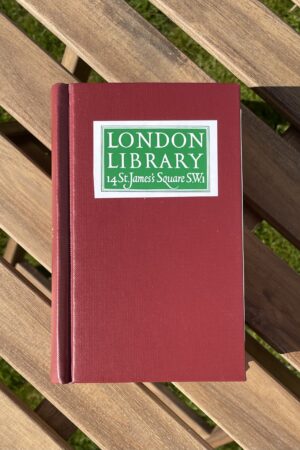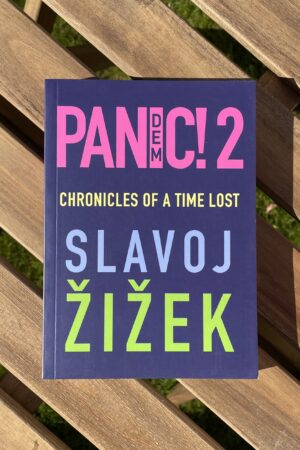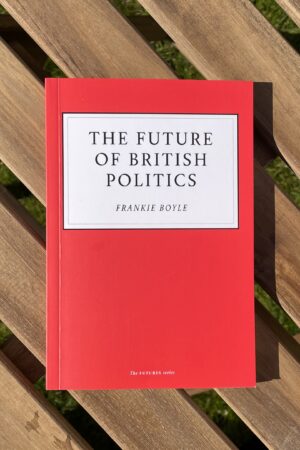Different conversations
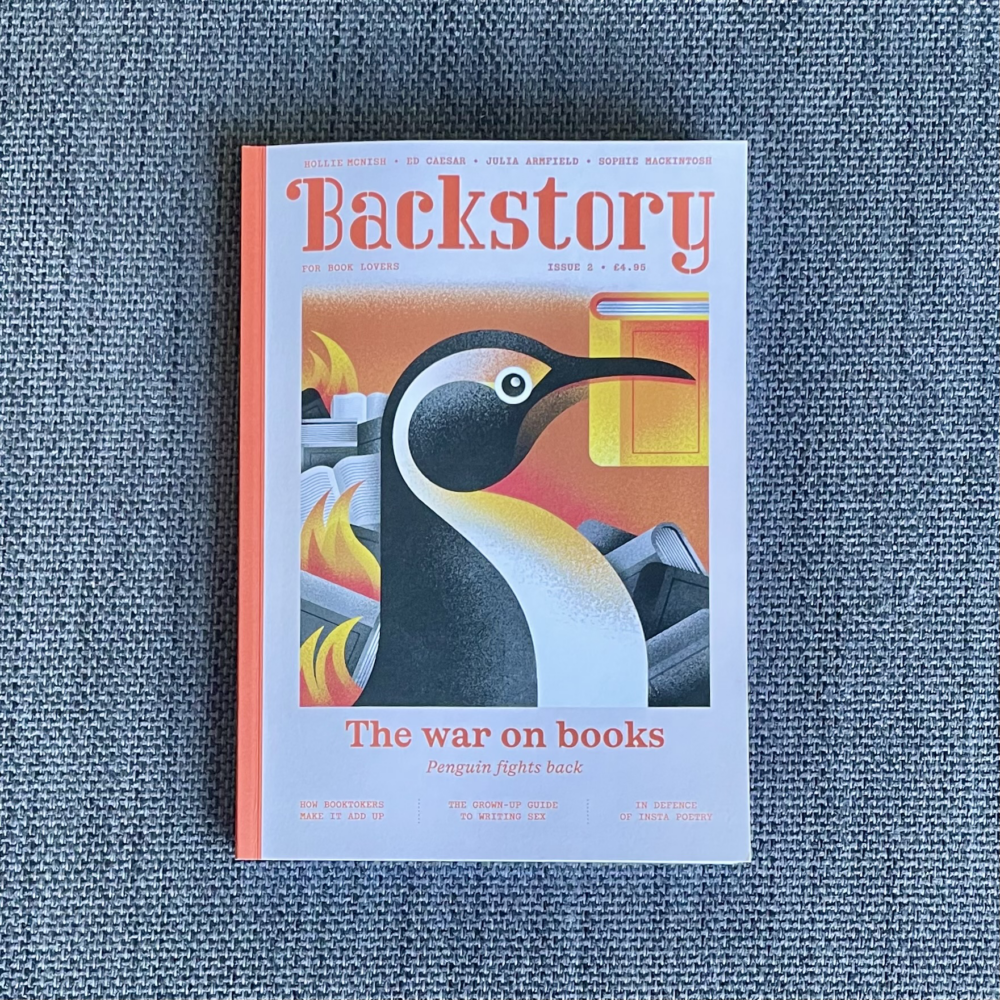
In the second issue of Tom Rowley’s Backstory magazine, he features an article by one of the booksellers in his shop, Amy Strong. Strong interview Isabel Wall, the editor who has worked on some of my favourite books by Alice Winn, Caleb Azumah Nelson, Elif Shafak and many others.
I was fascinated to learn more about the role of a novel’s editor. The paragraph that stuck in my mind was this:
Wall tries to go to her authors’ events as often as possible. ‘It is really interesting how you can go to events with the same author, but depending on who’s interviewing them… that generates such different conversations and makes me think about their work in different ways.’
This made me reflect on how observing friends and colleagues in different social situations shapes our perception of them. Last week, a colleague and I were pondering whether promotions change people or whether it’s just our perceptions that change: it’s much the same question.
Wall’s observation also felt appropriately literary: after all, we come to understand characters in novels by watching their actions and conversations in different circumstances.
This post was filed under: Notes, Alice Winn, Amy Strong, Caleb Azumah Nelson, Elif Shafak, Tom Rowley.
